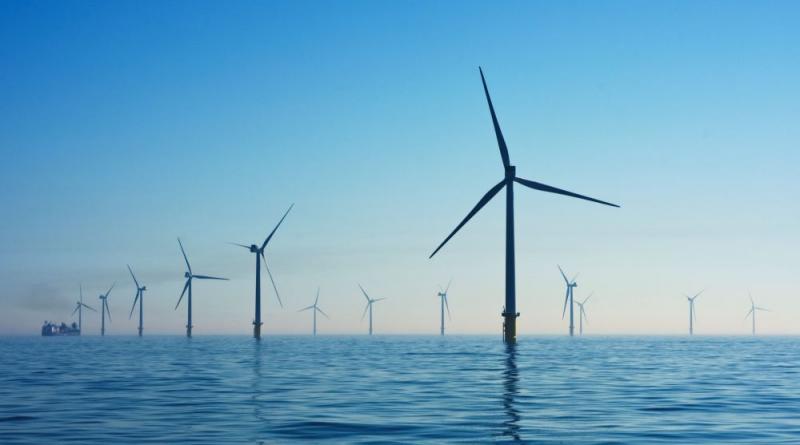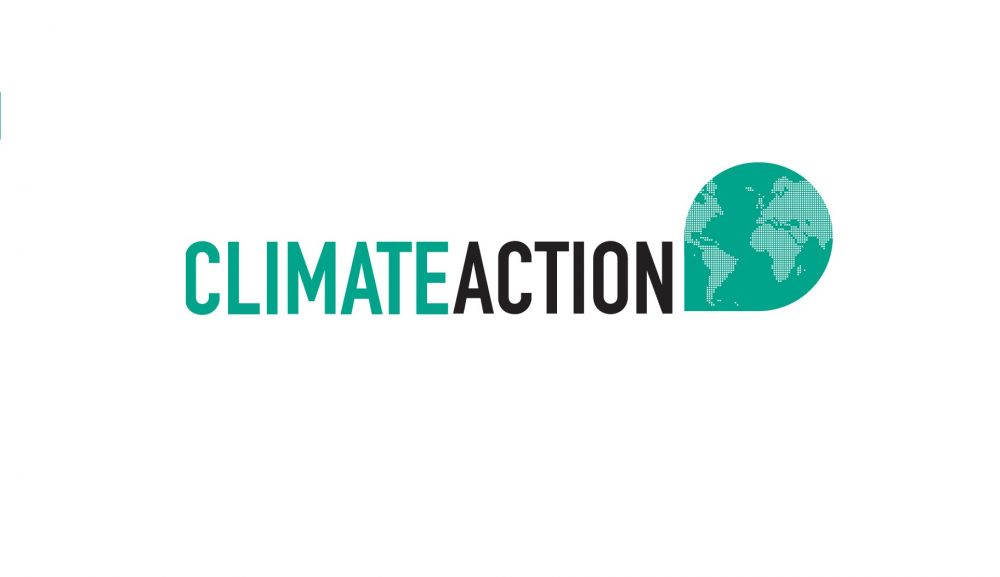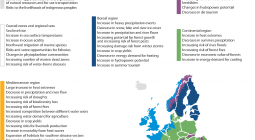Global banks warn climate change could wipe out $20 trillion worth of assets.

A new report has found that climate change could wipe out trillions of dollars’ worth of assets.
The report by the Network for Greening the Financial System has highlighted the serious effect that climate change could have on the economy.
In the foreword, Chair of the NGFS Frank Elderson says: “Climate-related risks are a source of financial risk and it therefore falls squarely within the mandates of central banks and supervisors to ensure the financial system is resilient to these risks.”
The report has estimated that the economy could lose up to $20 trillion due to climate change risks.
There is still a significant amount of analytical work to be done in order to equip central banks and supervisors with appropriate tools to identify, quantify and mitigate climate risks in the financial system. To combat this, the NGFS have said they will prepare a number of technical documents.
The report provides a number of recommendations for central banks and supervisors, including integrating climate related-risks into financial stability monitoring and micro-supervision. It also recommends bridging the gap by making climate-related data publicly available.
Following this report, an open letter, published on behalf of the Bank of England, Banque de France and the Network for Greening the Financial System, has called for the financial community to act on recommendations provided by the NGFS to ensure the transition to a low carbon economy.
The letter, in support of the report, states that catastrophic effects of climate change are ‘clearly visible’ around the world and that financial policy makers and prudential supervisors cannot ignore the ‘obvious’ risks.
This follows the UK’s largest money manager Legal & General Investment Management (LGIM), warning about the catastrophic effects of climate change. As part of its Climate Impact Pledge, in 2018, LGIM announced that it will not hold 8 large global companies in the Future World funds. Where such companies are seen to take insufficient actions on climate risks, LGIM will also vote against the chairs of their boards, across the entire equity holdings.
Read the full report here.
18 April 2019





